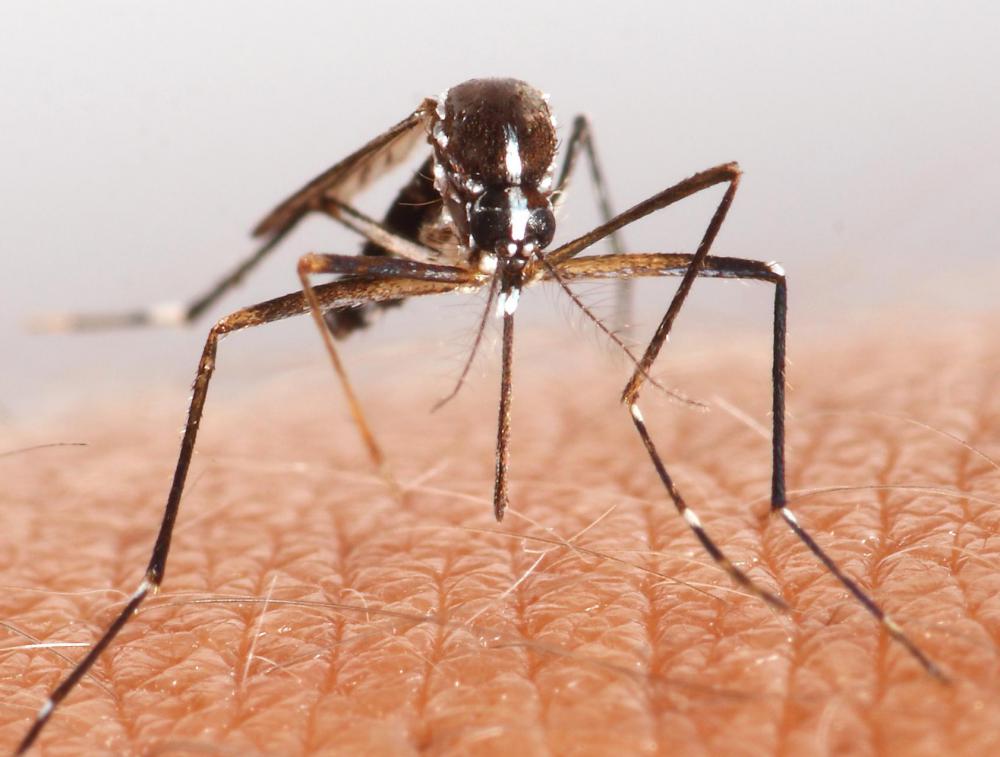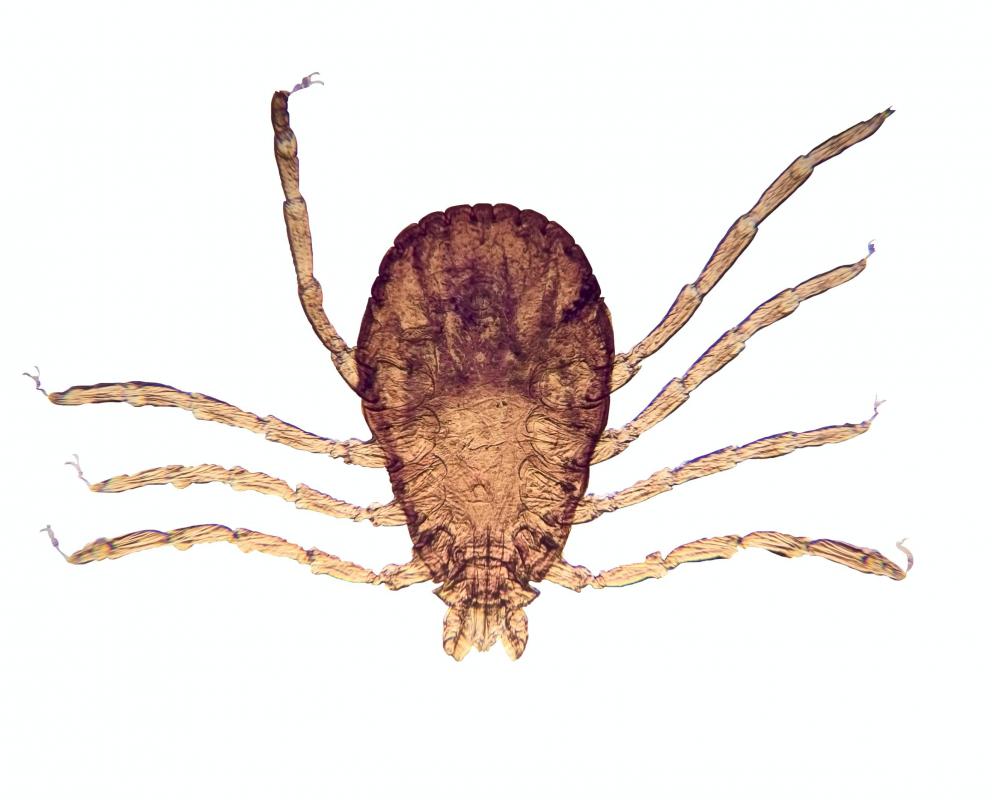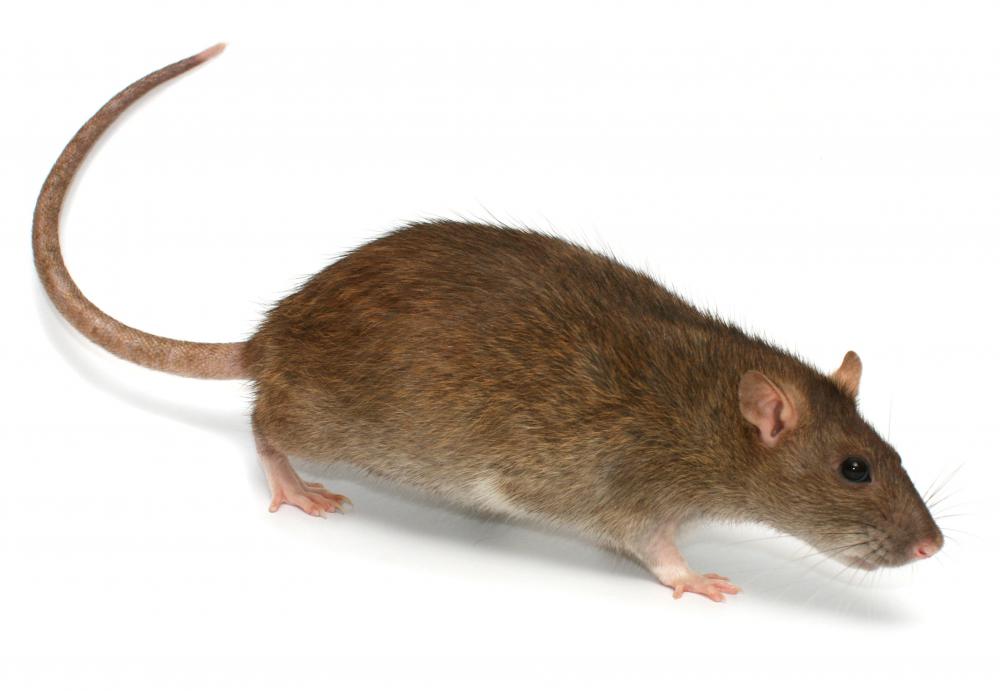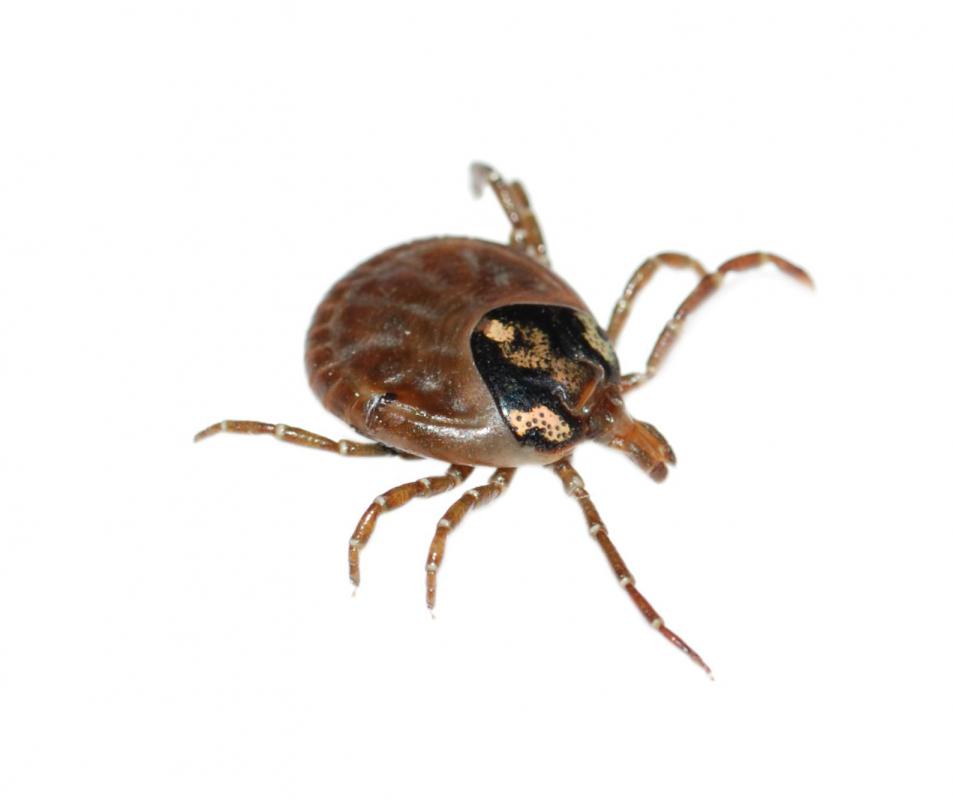At TheHealthBoard, we're committed to delivering accurate, trustworthy information. Our expert-authored content is rigorously fact-checked and sourced from credible authorities. Discover how we uphold the highest standards in providing you with reliable knowledge.
What is a Disease Vector?
A disease vector is a living organism that can transmit infection to a succession of hosts. Most disease vectors are insects, and the mosquito is responsible for causing the most human illnesses in the world. Fleas and ticks are also common disease vectors.
The mosquito is a disease vector that carries pathogens both to humans and animals. Mosquitoes can transmit malaria, Dengue fever, West Nile virus, yellow fever, and eastern equine encephalitis virus (EEE), commonly known as sleeping sickness. All of these diseases can be transmitted from mosquitoes to humans, and EEE can also be transmitted to other mammals, birds, amphibians, and reptiles. St. Louis encephalitis virus is another mosquito-borne illness that is spread to humans and other vertebrates.
Mosquitoes can transmit other diseases to animals as well. Dog heartworms are spread by mosquitoes carrying the worm larvae. This affliction is caused by a roundworm that can infect dogs, cats, raccoons and foxes, and can be fatal if left untreated.
The tick is another disease vector that can transmit a variety of illnesses. Different kinds of ticks can spread bacteria, viruses, and protozoa to humans and animals. These pathogens can cause a wide variety of symptoms.

Deer ticks are the vector for the spirochete bacteria that cause Lyme disease in humans, horses, dogs, and cattle. In humans, the symptoms can include dizziness and joint pain, and Lyme disease sometimes causes a distinctive “bulls eye” rash to appear. It is treatable with antibiotics, but if left untreated can cause memory loss and nervous system disorders.

The wood tick is the disease vector that transmits the Rickettsia bacterium that induces Rocky Mountain spotted fever in humans, pets, and other animals. The symptoms of this disease usually manifest about a week after a person is bitten by an infected tick and may include fever, muscle pain, severe headaches, a rash, chills, and other ailments. Antibiotics are used to eradicate the infection.

The flea is another disease vector. The bubonic plague, or black plague, pandemic in the 14th century was caused by fleas residing on rats. Also known as the Black Death, the plague spread throughout countries in the Mediterranean and Europe, killing an estimated 200 million people. Fleas still spread the plague today, but bubonic plague is easily treated with modern antibiotics.

It is a good practice to wear insect repellent to thwart ticks and mosquitoes when working or playing outdoors. After being in woods or brush where they may be present, one should always check his or her body and clothing for ticks. Avoiding ticks and mosquitoes will help prevent a person from contacting some common, vector-borne diseases.
AS FEATURED ON:
AS FEATURED ON:
















Discuss this Article
Post your comments